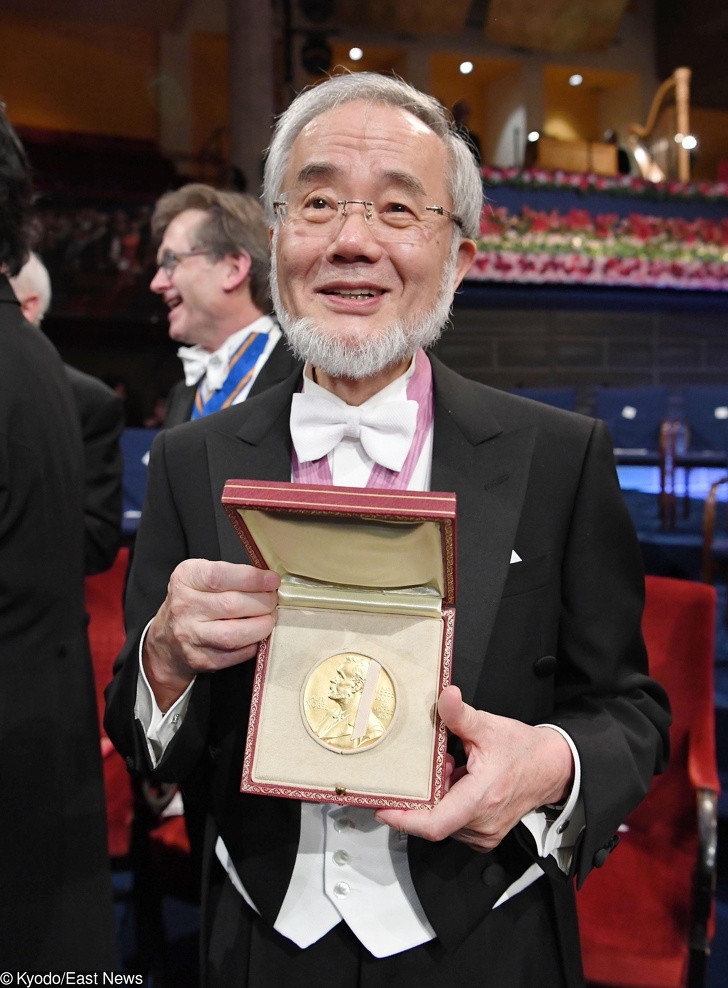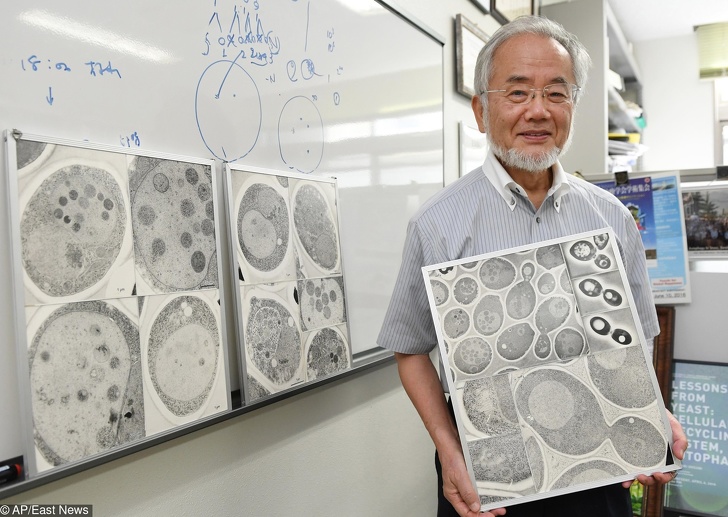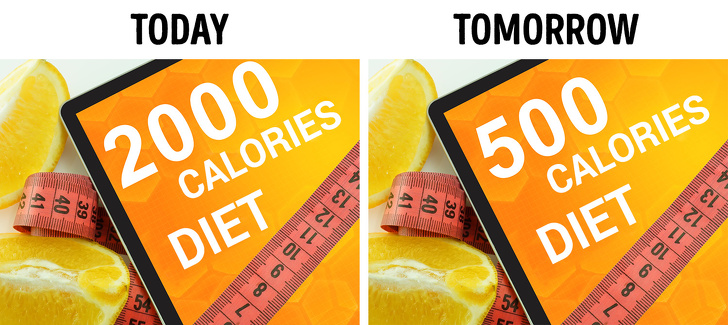The cells in our body disintegrate and then constantly recycle their own parts. In 2016, Dr. Yoshinori Ohsumi from Japan received the Nobel Prize in Physiology or Medicine for discovering the mechanisms behind this process known as autophagy.
Most of the tissues in our body replace their cells with new ones regularly. Each organ needs its own time to completely renew itself. However, other tissues never replace their cells. We are amazed by Dr. Ohsumi’s discovery and now we will show you how to put it into practice.
An Investigation With A Revealing Result

Dr. Ohsumi, a Japanese cell biologist, has spent years studying how human cells recycle their waste. This process is scientifically known as autophagy.
It consists of the Greek words, “auto”, which means “self” and “phagein”, which can be translated as “eating”. It sounds a little disturbing, but this process helps keep you stable.
With the help of lysosomes (organelles responsible for the breakdown of intracellular material), your body can break down different protein structures and turn them into amino acids. Later use this to create more cells.
Our body can use its own supply of stored proteins in the form of damaged cells and bacteria. The average person consumes about 70 g of protein a day, which is not enough to create new cells.
When you use “protein waste,” your body is nourished with the necessary amount. When the natural recycling mechanism does not work, damaged cells and their components begin to accumulate in the body.
Therefore, it is not possible to neutralize cancer cells and cells infected by dangerous bacteria and viruses. That is why you can end up with many serious illnesses.
How To Induce Autophagy

In all of his studies, Dr. Ohsumi used fasting to encourage the body to break down toxic cells and remove all waste. When you fast, your cells live longer and produce more energy.
Your body has less inflammation. Also, if you choose to restrict the number of calories you eat, the levels of nitric oxide in your body will increase; This is a molecule that helps detoxify and rejuvenate your body.
Intermittent fasting, which consists of alternating periods of eating and fasting, can help the body cleanse itself. In addition, it helps to lose weight and speed up metabolism.
The benefits of this method for your health are numerous and include a lower risk of heart disease, neurological problems, and diabetes, as well as a reduction in inflammation, oxidative stress, and blood pressure.
Types Of Fasting For Health
There are many types of fasting, so you can choose the strategy that you like best or that best suits your lifestyle.
24 Hour Fast

If you prefer this method, choose a day of the week when you don’t eat. On the other hand, it is also possible to have breakfast at 8 AM on Monday and not eat until 8 AM on Tuesday.
Intermittent Fasting

If you choose this option, you should eat as you usually do for one day and fast the next day. This does not mean that you should not eat on fast days. If you consume 2,000 calories on a typical day, reduce the number to 500 calories on a fast day.
Skip Your Meals

If you’re new to the world of fasting and seem a little intimidating, start skipping your meals. In general, avoid just one meal a day to boost your metabolism and activate cleansing processes in your body. Remember that if you skipped one meal, you should not overeat during the next one.
Limited Fasting

Limited fasting is a type of intermittent fasting. To follow it, you should eat only 8 hours a day, every day. Another name for this method is “fasting 16/8” because you don’t eat for the remaining 16 hours.
If you are new to this method, try a less strict scheme. You can have breakfast at 8 a.m. and have dinner at 6 p.m. Therefore, you will go only 14 hours without food. Once you get used to it, cut down on the time you can eat.
Fasting Water

If you decide to follow this strategy, you should choose a day of the week and drink only water or fresh juices without sugar. The best time for this is spring, but you can also follow this diet throughout the year.
What do you think of this discovery? Do you practice fasting or would you like to try it after reading this article? Tell us in the comments!
Preview photo credit Kyodo / EastNews









Leave a Reply